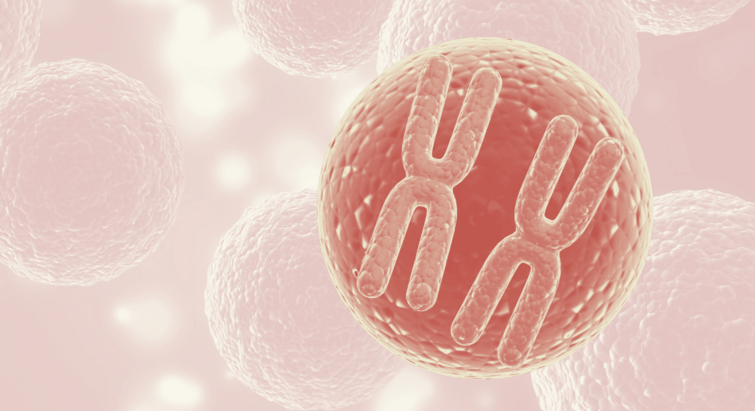
News about Cancer
Viser 25 til 48 af 89 dokumenter.

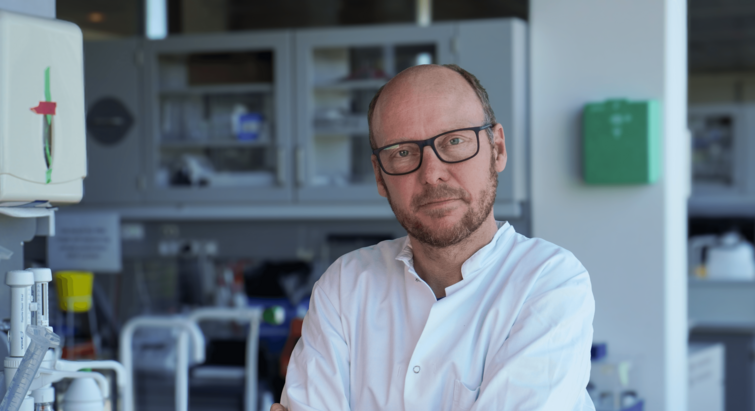
Lars Engelholm awarded prestigious grant to advance innovative pan-cancer therapy
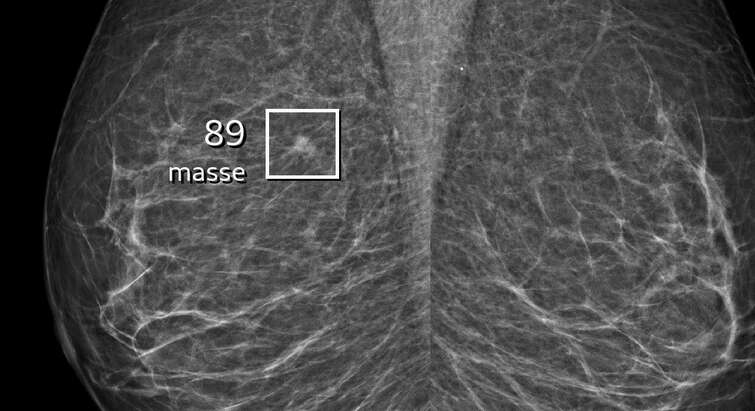
AI successfully helps detecting more breast cancers around Danish capital
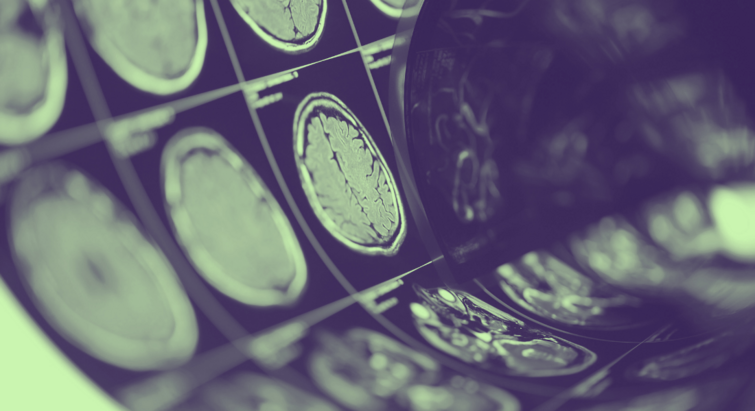
Now we know why successful treatment does not affect specific cancer cells

Now we know why successful treatment does not affect specific cancer cells

“Working in a small company where I get insights into everything is fantastic”

Elena Vidal-Calvo
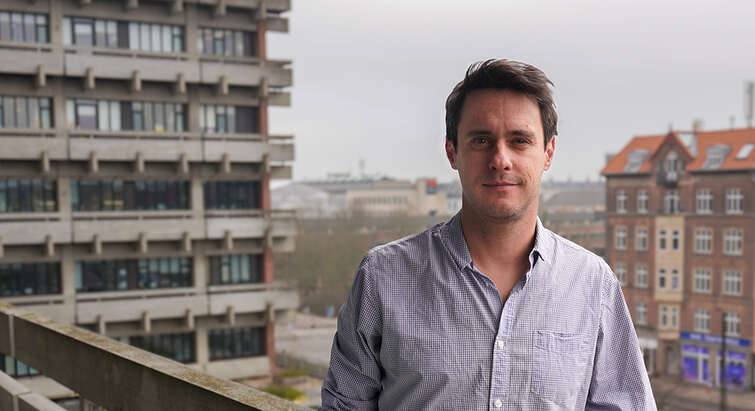
New BRIC group leader seeks a multi-expertise approach in research

Caroline Bang Løppke

N. Meltem Daysal and co-author's new working paper featured on the NBER website.

Research project will develop intelligent robot that can screen for bowel cancer
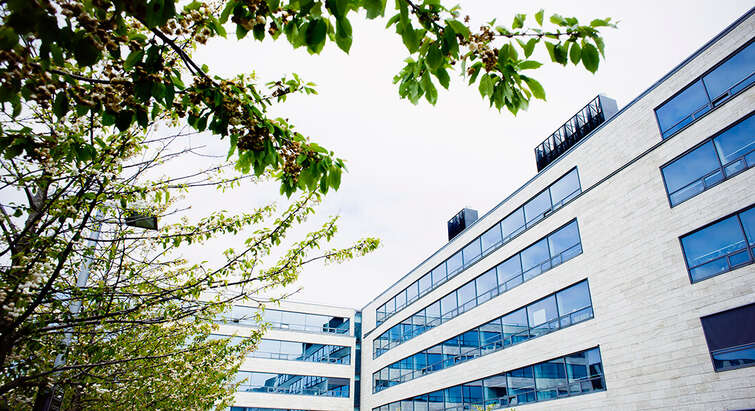
BRIC is hiring one or two new group leaders

Bakterier kan hæmme virkning af kræftmedicin

Germs can offset the effect of cancer therapy
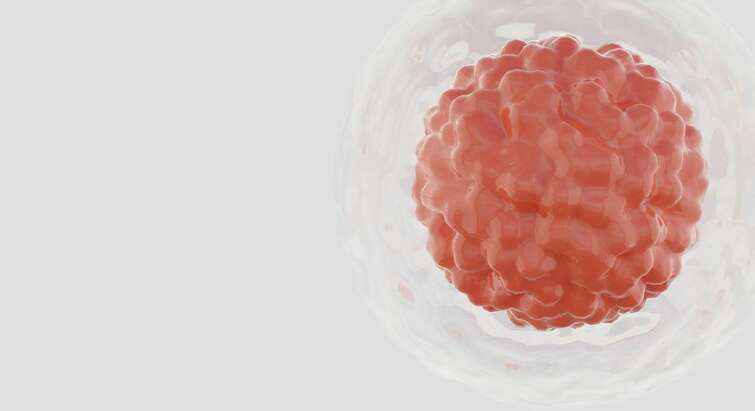
Key Role of Epigenetic Information in Stem Cell Function unveiled
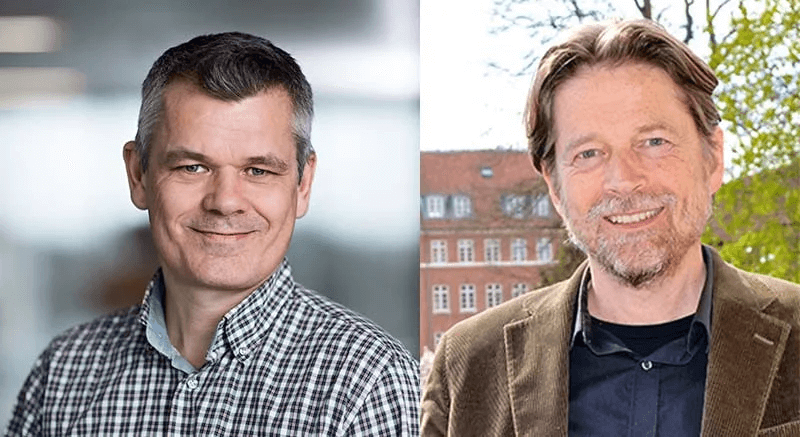
Medication in lower doses can save the healthcare system billions of DKK
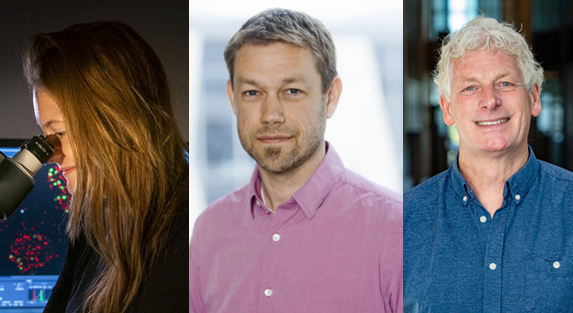
Denmark funds BRIC cancer research projects

We can save lives and millions with less nitrate in drinking water
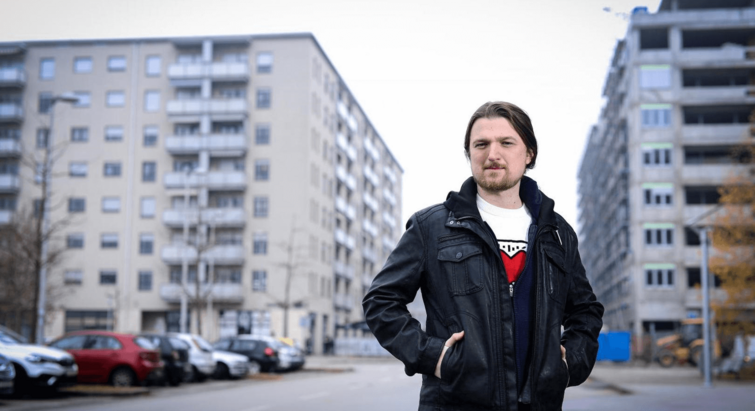
Mapping the evolution of the human genome – A Portrait of New Group Leader Fran Supek
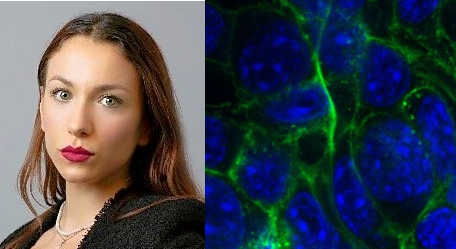
Turning the Right Cell-Switch to unlock the Cure for Cancer
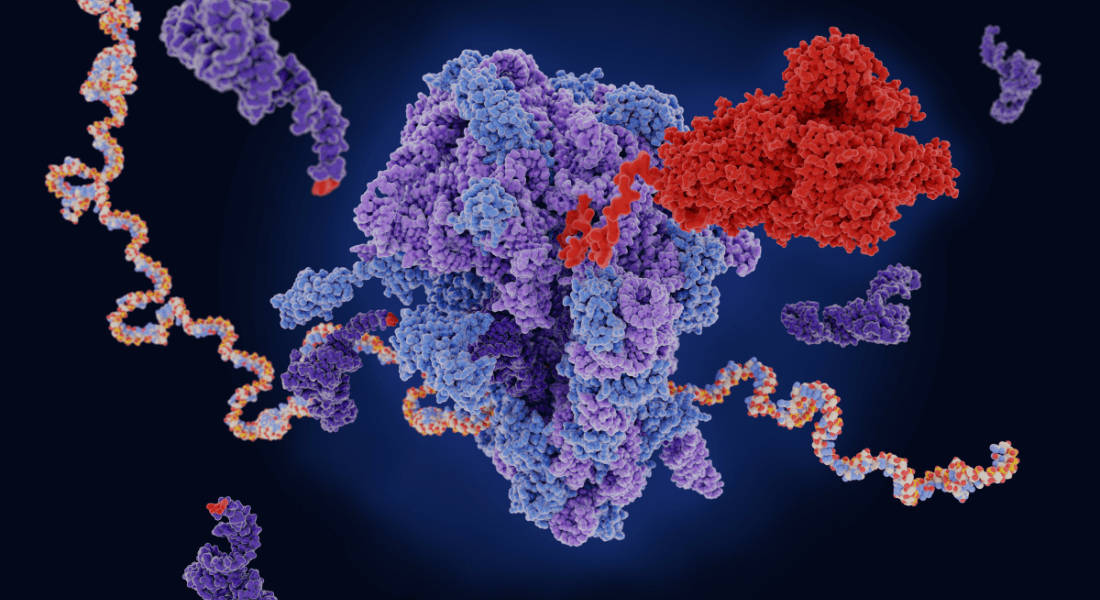
Oldest known molecule surprises researchers. It could lead to new important treatments
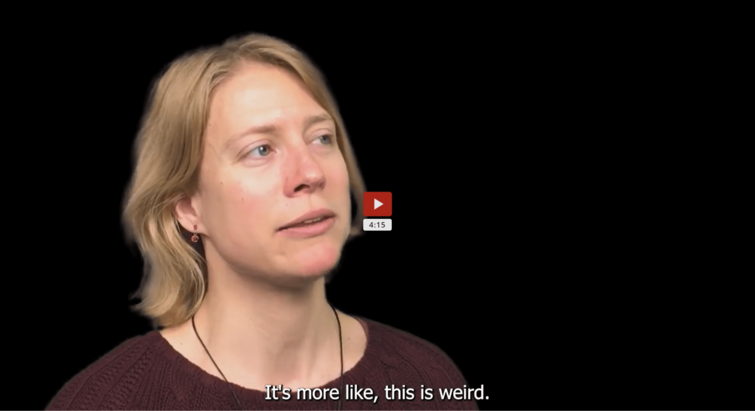
Oldest known molecule surprises researchers. It could lead to new important treatments

Akila Ravikumar

